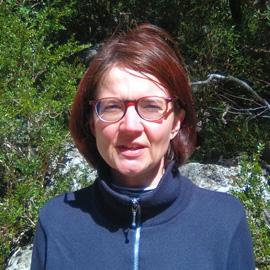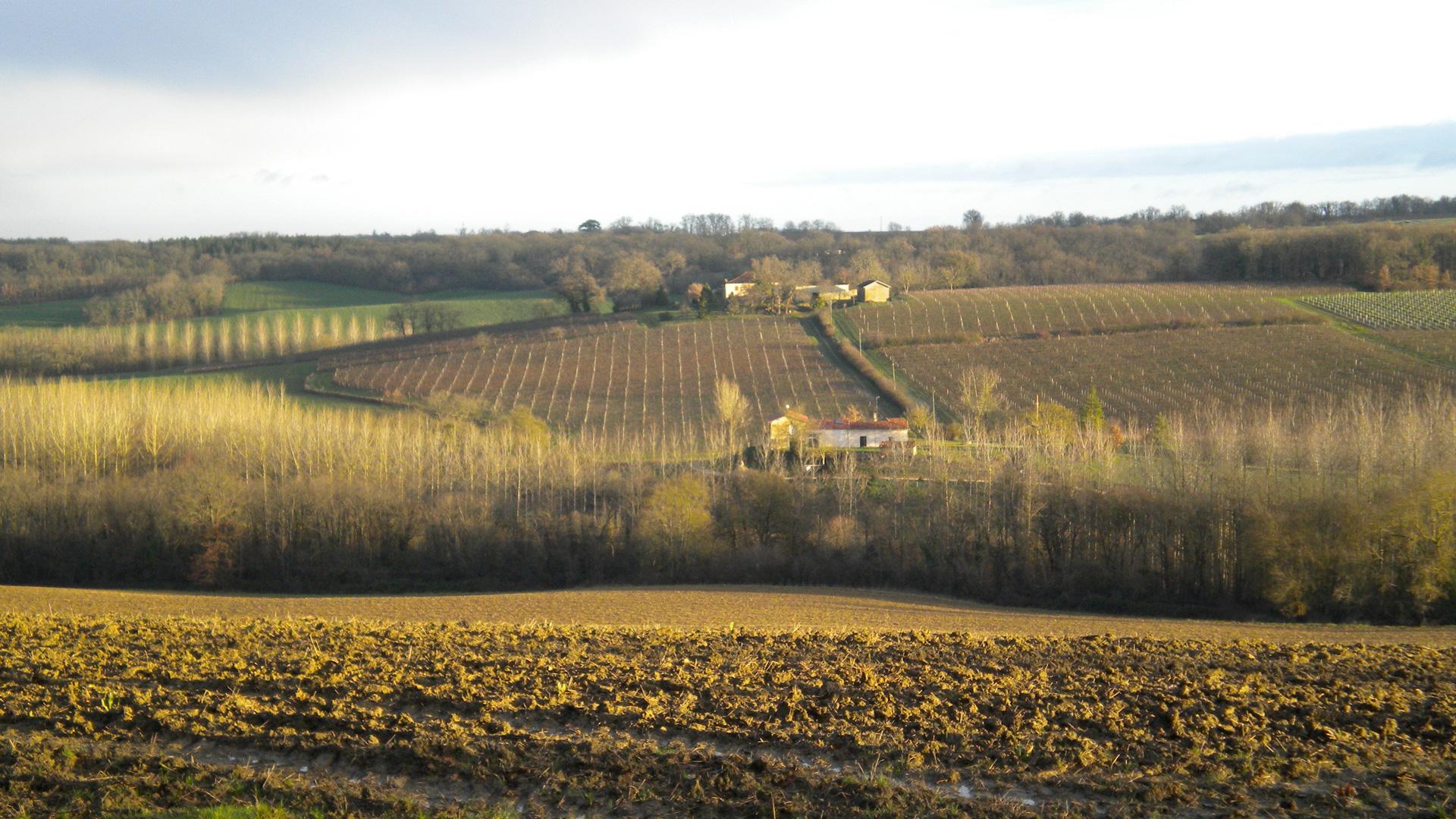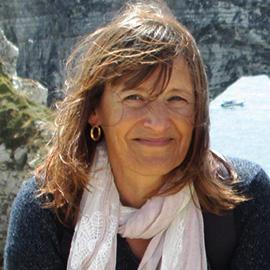|
What type of training ? |
une formation diplômante, sous statut étudiant |
|---|---|
|
For who ? |
étudiant titulaire d'un diplôme français, étudiant international |
|
Where ? |
l'Institut Agro Montpellier |
Objectives
The Sustainable Crop Production option considers crop production management against the backdrop of sector constraints, characteristics of the physical environment, environmental issues and the socio-economic context of farms and territories.
Themes
- agronomy, agroecology
- natural resources, environment, territories
-
Programme
Number of ECTS credits : 60
Language of instruction : In French
3 teaching blocks spread over 6 months (septembre-march)
- Knowledge and tools of the agronomist (5 teaching units): ecological functioning of soils, functioning of cultivated ecosystems, spatial analysis of cropping systems and soils, statistics.
- Professional immersion and practical learning (5 teaching units): several professional simulation modules are an opportunity for students to apply the knowledge and tools of an agricultural engineer at different spatial scales, from the plot to the agricultural production basin, in interaction with stakeholders:
• in situ agronomic diagnosis with farmers
• Profila
• Analysis of the careers and tasks of an agricultural engineer
• Sectors and actors in pland and seed production
• Analysis of the missions, professions and careers of agricultural engineers
Agro-ecological Engineering module during the agro-ecological engineering module (5 weeks), students propose an innovative cropping system in response to an agricultural production problem identified by integrating different disciplines (plant protection, genetics, ecophysiology, soil ecology)
Project (5 weeks): students work autonomously, like a consulting firm, to propose an answer to a question or a real problem posed by professionals (technical institute, Chamber of Agriculture). - Reflecting on challenges and approaches: by examining the question of ecological intensification and through the organization of student debates, students are enabled to position themselves in response to the major issues that they will face in the professional world and to question their scientific practices, particularly via the critical analysis of texts.
Internships
After the 6-month course, students complete a 6-month compulsory internship in a company, targeted research organization, development organization, or consulting firm, in France or abroad, to gain insight into careers in management, production, development, environmental protection or applied research.
With the support of both the host organization and the school, the student follows the steps of the scientific method, applying it to a question posed by professionals, one that requires a cutting edge, multi-pronged approach and includes economic dimensions.
-
Admission
The 3rd year option is open, after review by the admissions committee, to students who have validated the M1 level (first year of a master's program) and come from:
- an international partner institution in the context of academic mobility (earning credits)
- a school of agriculture under the French Ministry of Agriculture and Food (See Ecole des groupes Ingénieurs) or the Ministry of Higher Education for Research and Innovation
- or a French institution with which Montpellier SupAgro has signed an agreement
Application forms may be obtained from the educational directorate of your institution.
Students who have not validated the 2nd year (M1) of the Montpellier SupAgro Agricultural Engineer course are not awarded a diploma at the end of the 3rd year of the training program.
-
Careers
The Sustainable Crop Production option leads to job opportunities in the following sectors of activity:
- Consulting firms, service companies, technical institutes
- Rural and peri-urban development organizations
- Chambers of agriculture and other agricultural development structures
- Environment department of large companies, purchasing department in agrifood companies
- Fertilizer distribution and amendment companies, cooperatives and cooperative groups
- Experimental companies working on the creation of varietal and agronomic references
Director of studies
-

Aurélie METAY
Lecturer
- Department of Environment, Production, Resources and Systems
- UMR Biodiversified Agrosystems (ABsys)
- l'Institut Agro Montpellier
Email : aurelie.metay@supagro.fr
Phone : +33 (0)4 99 61 20 93
Phone : +33 (0)4 99 61 20 93
2nd phone : +33 (0)4 99 61 26 30
2nd phone : +33 (0)4 99 61 26 30
-
Partners
The students are supervised by a team of professors and researchers (L'Institut Agro Montpellier, INRAE, CIRAD) engaged in agricultural professional activities in France and abroad, and relying on joint research units (UMR) working on agriculture, ecology and the environment (soil ecology in particular: UMR Eco&Sols), and mixed species based cropping systems (particularly the UMR System).
Place
L'Institut Agro Montpellier
Campus de La Gaillarde
2 place Pierre Viala
Montpellier
Fees
€1,831 or €4,449* (see conditions, in French) + €100 Contribution Vie Etudiante et de Campus (CVEC) administrative fee
* Tuition fees for non-European Union students enrolled in regular programs (excluding those in priority solidarity zone, international agreements, re-enrollments, refugee students, and dependent students).
Contacts
L'Institut Agro Montpellier
2 place Pierre Viala
34060 Montpellier - France
Tél. : +33 (0)4 99 61 22 00 Tél. : +33 (0)4 99 61 22 00
Fax : +33 (0)4 99 61 29 00
contact@supagro.fr


















